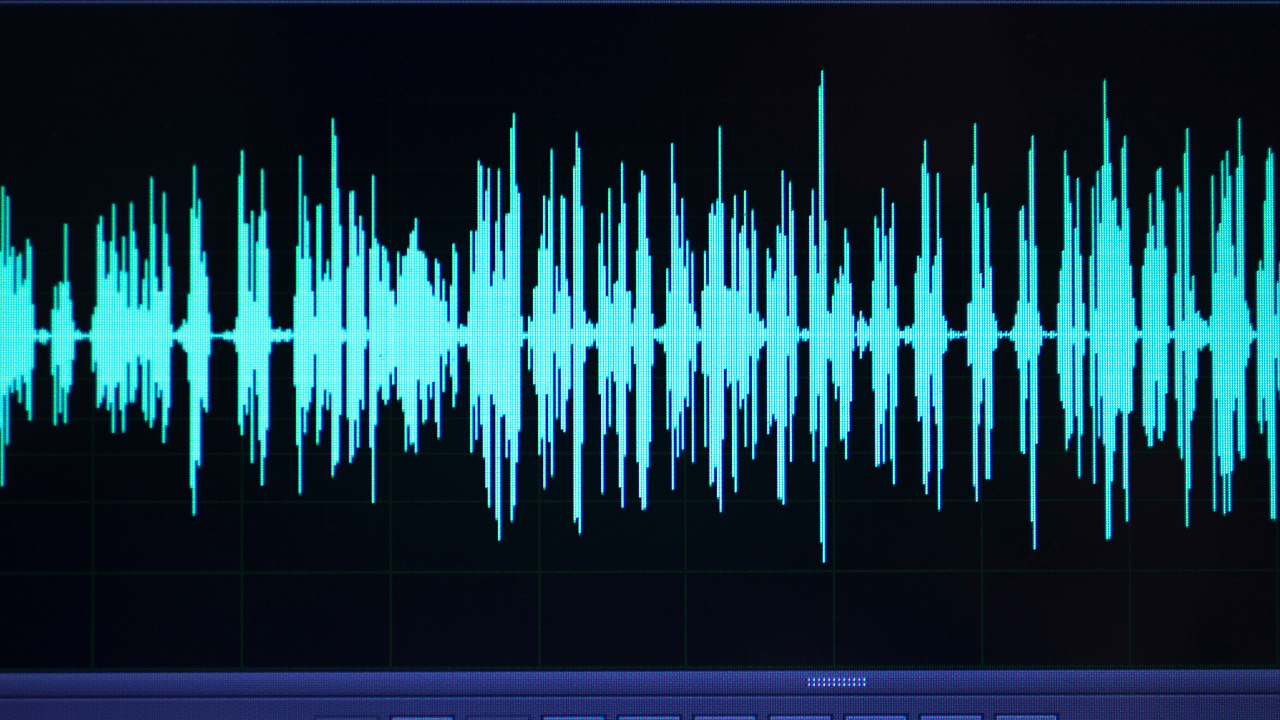Music brands play a critical role in the global music industry. These brands create instruments, software, hardware, and services that empower artists and enhance listening experiences. From iconic instrument makers to cutting-edge audio tech firms, music brands shape how we create, hear, and enjoy music.
When you think about music brands, companies like Fender, Yamaha, and Beatport might come to mind. But what makes these names so essential? They innovate, inspire, and support musicians in every genre. Without these brands, the music industry wouldn’t have the tools it needs to thrive.
What Defines a Music Brand?
A music brand is any company or entity that influences the music ecosystem. These brands can produce:
- Musical Instruments: Guitars, pianos, drums, etc.
- Audio Equipment: Speakers, headphones, microphones.
- Digital Tools: DAWs (Digital Audio Workstations), apps, and software.
- Distribution Services: Platforms to sell your music on Beatport or Spotify.
Music brands connect creators to their audiences. Whether you’re an artist using a synthesizer or a listener enjoying high-quality headphones, these brands are integral to the music experience.
Top Music Brands That Shaped History
Fender
Fender is one of the most iconic music brands in the world. Known for its electric guitars like the Stratocaster and Telecaster, Fender has been a staple in rock, blues, and jazz music for decades.
Yamaha
Yamaha is a versatile music brand offering everything from grand pianos to audio mixers. Their instruments are widely respected for their quality and affordability.
Sony Music
Sony Music is a powerhouse in the recording industry. This brand supports countless artists and delivers music to millions globally.
Beatport
For electronic music, Beatport is the go-to platform. It’s where DJs and producers can upload, sell, and distribute their tracks.
These are just a few examples of how music brands influence the industry. Their innovation and commitment to quality make them indispensable.
The Evolution of Music Brands
Music brands have come a long way. Early brands focused on handcrafted instruments. Over time, technology transformed the industry, leading to the creation of electric instruments, digital recording tools, and online platforms.
What does this evolution mean for artists? Music brands now offer more resources to create and distribute music than ever before. Whether you’re an independent artist or part of a band, you can access tools to take your music to the next level.
How Music Brands Impact Artists
Music brands provide tools that artists use to express themselves. Without them, creating music would be much harder. For instance:
- Instruments: Brands like Gibson and Roland create instruments that are reliable and innovative.
- Recording Equipment: Microphone brands like Shure and Sennheiser help artists capture high-quality audio.
- Distribution: Platforms like Beatport allow artists to sell and promote their music globally.
These brands don’t just sell products. They foster creativity and help artists grow.
Digital Music Brands
The digital age has given rise to brands that focus on music software and streaming. These brands include:
- Ableton: A leading DAW for music production.
- Spotify: The most popular streaming platform worldwide.
- SoundCloud: A hub for independent musicians.
- Beatport: Perfect for selling electronic music and extended plays.
What sets these brands apart is their accessibility. Anyone with a computer and internet connection can use these platforms to create or consume music.
Why Choose Trusted Music Brands?
Choosing reliable music brands ensures you get high-quality products. Whether it’s a sturdy guitar or a powerful DAW, trusted brands provide value for money. Musicians who rely on lesser-known or cheap alternatives often face performance and durability issues.
What are some features you should look for in a music brand? Consider:
- Reputation: Check reviews and endorsements.
- Innovation: Look for brands that push boundaries.
- Customer Support: Great brands provide ongoing support.
By aligning with top music brands, you invest in your music journey.
Supporting Independent Music Brands
While global giants dominate the market, independent music brands are also worth exploring. These brands offer unique products and services tailored to niche markets. For example:
- Boutique guitar makers create customized instruments.
- Local recording studios provide affordable yet professional services.
- Independent distribution platforms help small artists reach audiences.
Supporting these brands promotes diversity in the music industry.
Music Brands and Innovation
Music brands constantly innovate to stay ahead. Whether it’s creating eco-friendly instruments or AI-driven software, these brands push the boundaries of what’s possible.
Consider Beatport’s role in modern music. It’s more than a distribution platform. Beatport’s charts influence what DJs play at clubs, shaping trends in electronic music.
Innovation doesn’t just help professionals. Casual listeners benefit too. Advanced headphones, smart speakers, and streaming services ensure everyone enjoys high-quality music.
The Role of Marketing in Music Brands
Marketing is crucial for music brands. Without it, even the best products might go unnoticed. Many brands collaborate with famous artists to endorse their products. This creates trust among consumers.
Digital platforms also play a big role. Social media campaigns, influencer partnerships, and email marketing help music brands connect with audiences.
Building Your Music Brand
If you’re an artist, building your music brand is essential. It’s how you connect with fans and industry professionals. Focus on:
- Quality Music: Ensure your songs stand out.
- Visual Identity: Invest in album covers, logos, and merchandise.
- Digital Presence: Use platforms like Beatport to showcase your work.
Your music brand is more than just your songs. It’s your story, image, and how people perceive you.
Related Articles:
For further reading, explore these related articles:
- How to Write a Song: A Step-by-Step Guide for Beginners
- The Complete Guide to Music Distribution: How to Share Your Music with the World
For additional resources on music marketing and distribution, visit Deliver My Tune.






